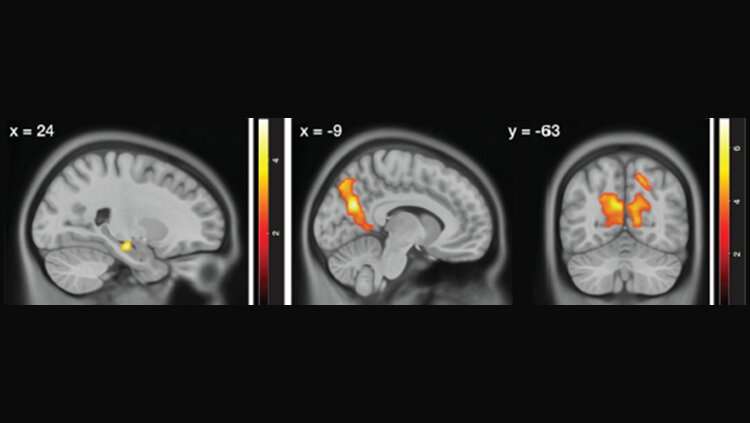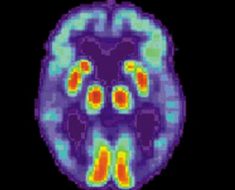
Too much activity in the hippocampus may cause navigation impairments seen in aging adults, according to new research published in JNeurosci.
Spatial navigation is one of the cognitive abilities that declines sharply in old age. Older adults often have difficulty navigating new environments and will choose to stick with familiar ones. Plus, key regions in the brain’s navigation circuit are some of the first affected by Alzheimer’s disease. In a recent study, Diersch et al. examined the neural mechanism behind this decline in spatial learning.
In the study, younger and older adults (without known cognitive impairments) learned the layout of a town through virtual reality software. After touring the town, participants estimated the location of different landmarks while their brain activity was measured with fMRI. Most older adults did not perform as well as the younger adults and took longer to learn the layout of the town. As the younger adults learned and their performance improved, activity in the hippocampus decreased while activity in other navigation areas increased. This pattern was not seen in older adults. A failure to inhibit hippocampal activity could make brain signals too noisy, hindering spatial navigation performance.
Source: Read Full Article





